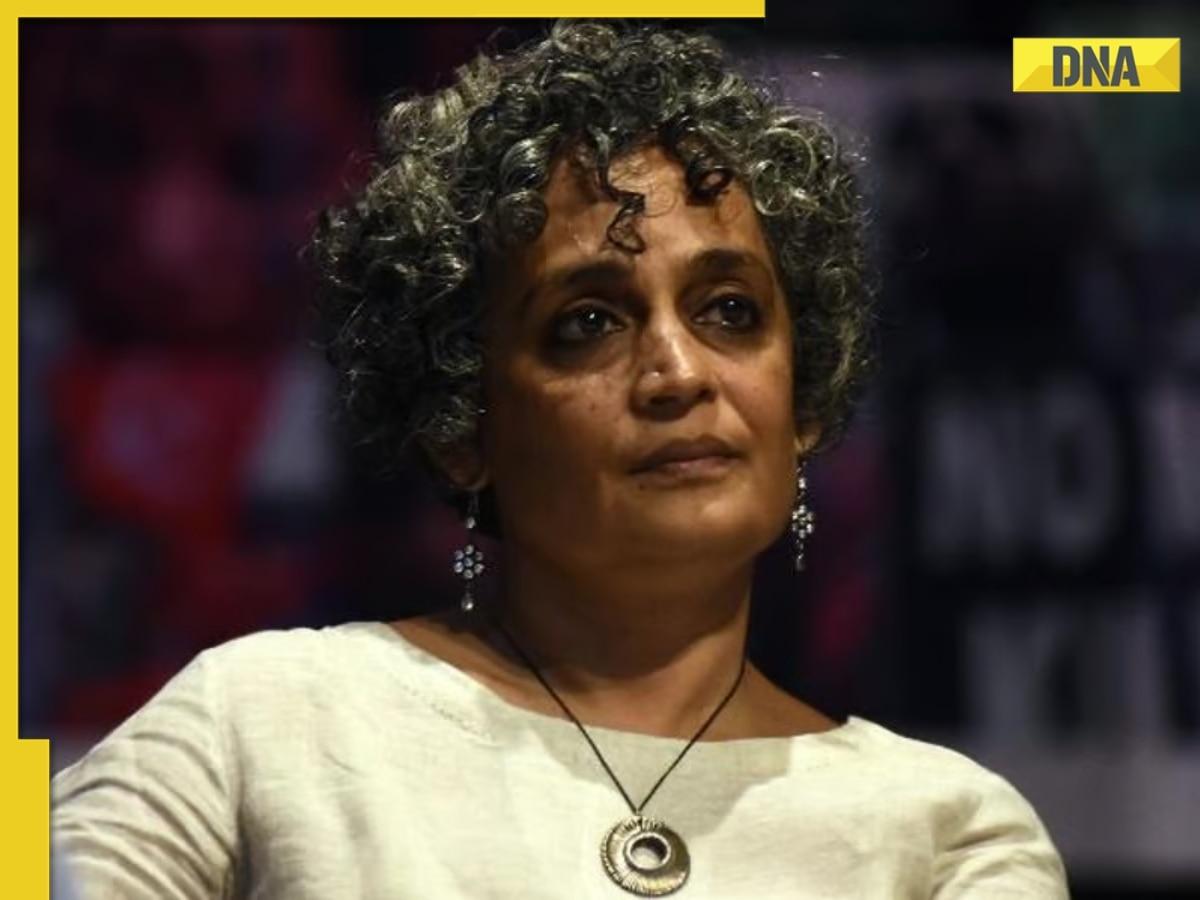
In a significant development, the Lieutenant Governor of Delhi, VK Saxena, has given the green light for the prosecution of prominent individuals, including Arundhati Roy and former Professor Sheikh Showkat Hussain, linked to their incendiary speeches at a 2010 public event. The approval for their prosecution falls under Section 45 (1) of the Unlawful Activities (Prevention) Act (UAPA), as outlined in an official statement released by the LG’s office on Friday.
The case traces its origins back to October 28, 2010, when Sushil Pandit lodged a complaint that set the legal machinery into motion. Consequently, the First Information Report (FIR) was registered based on his allegations. Fast forward to October 2023, the LG had already granted permission under IPC Section 196 to prosecute Roy and Hussain for offenses laid out under sections 153A, 153B, and 505 of the Indian Penal Code (IPC).
The controversial speeches in question were delivered at a conference titled “Azadi – The Only Way” held on October 21, 2010, at New Delhi’s LTG Auditorium, Copernicus Marg. The event focused heavily on the theme of Kashmir’s separation from India, attracting considerable attention and heated debates.
The lineup of speakers read like a who’s who of political and social activism. Besides Arundhati Roy and Sheikh Showkat Hussain, the event featured speeches from Syed Ali Shah Geelani, SAR Geelani—who was the anchor of the conference and a primary accused in the Parliament attack case, and Maoist sympathizer Vara Vara Rao. Collective sentiments expressed at the gathering strongly endorsed the notion that Kashmir was never an integral part of India but was rather forcefully occupied by the Indian Armed Forces. These speeches were allegedly influential in urging concerted efforts for the independence of Jammu and Kashmir from India.
Recordings of these speeches became fundamental pieces of evidence, provided by the complainant, Sushil Pandit. The matter escalated when Pandit filed a complaint under Section 156(3) of the Criminal Procedure Code (CrPC) before the Metropolitan Magistrate (MM) Court in New Delhi. On November 27, 2010, the court ordered the FIR to be registered, subsequent to which a detailed investigation was initiated.
The investigative process took several years to come to fruition. The case resurfaced significantly when in October 2023, the Delhi LG sanctioned prosecution under specific sections of the IPC.
. Now, the LG’s recent approval under the UAPA signifies a crucial juncture in this prolonged legal saga.
The sanctions for prosecution have generated a broad spectrum of reactions from various societal sectors, ranging from legal experts and politicians to academics and civil rights activists. Some argue that the move underscores a strict stance against any form of speech that threatens national unity, while others view it as an overreach, potentially muzzling free expression.
Additional details specify that Section 153A of the IPC deals with promoting enmity between different groups based on religion, race, place of birth, residence, language, and others, as well as acting prejudicial to maintaining harmony. Section 153B pertains to imputations and assertions prejudicial to national integration. Meanwhile, Section 505 covers statements made with an intent to incite, among other related provisions.
The narrative surrounding Roy’s and Hussain’s speeches is mired in complex socio-political undertones. Roy, who has gained international recognition for her literary works and activism, is no stranger to controversy. Her staunch positions on various socio-political issues often provoke polarized reactions. Similarly, Sheikh Showkat Hussain’s involvement as a professor of international law brings an academic dimension to the issues discussed at the conference.
The repercussions of the LG’s decision to sanction prosecution are likely to ripple through legal and social discourse in the coming months. This decision could set a precedent for how provocative speeches, especially those touching on sensitive issues like national integrity and separatism, are treated under Indian law.
As the legal proceedings advance, the case is poised to become a focal point in ongoing debates about freedom of speech, national security, and the limits of lawful expression. The outcomes may also have broader implications for future cases involving similar charges and the interpretation of the UAPA in India’s judicial system.
As this situation continues to unfold, it remains to be seen how the courts will interpret the accusations and defenses presented and whether the prosecution’s endeavors will ultimately lead to convictions or exonerations for the accused parties.












